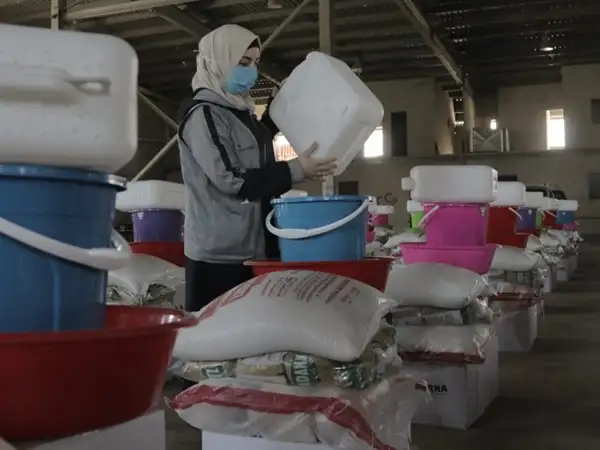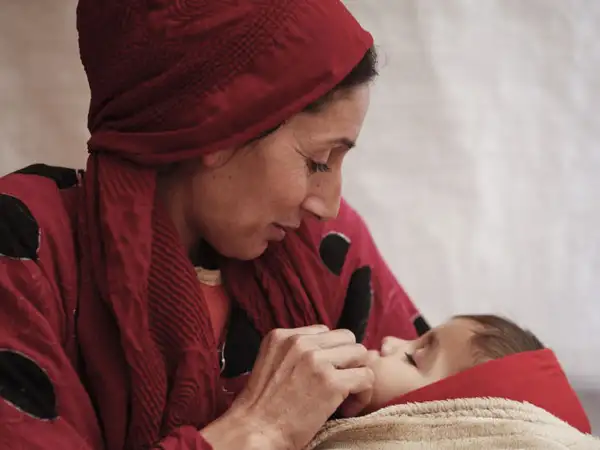You can provide vital emergency aid to vulnerable families both inside Syria and in neighbouring countries.


CAFOD local experts responding to the aftermath of 6.8 magnitude earthquake that hit Syria in February 2023.
Our Turkey-Syria Earthquake Appeal is now closed. However, we continue to support millions of people affected by both the ongoing civil war and aftermath of the earthquake in Syria.
What happened in Turkey and Syria?
In the early hours of Monday 6 February 2023, a powerful 7.8-magnitude earthquake struck near the border of Türkiye (Turkey) with northern Syria, followed by a second quake.
The impact was extreme, with over 53,000 people losing their lives and thousands more becoming homeless overnight as homes and buildings were destroyed.
After the earthquake, over 150 aftershocks occurred with the largest being of 7.5-magnitude. Millions of people across Turley, Syria, Lebanon, Cyprus and Israel felt the earthquake.
How is CAFOD responding?
Thanks to our generous supporters, we were able support our local experts on the ground who reached over 50,000 people affected by the earthquake.
Your donation has helped to provide shelter, food, water and emergency medical assistance to those in need as well as winter kits to help people cope with freezing temperatures.
Before the earthquake, CAFOD was already working with local experts providing humanitarian assistance to vulnerable families across Syria that have been affected by conflict.
Although our Turkey-Syria Earthquake Appeal is now closed we continue to support millions of people affected by both the ongoing civil war and aftermath of the earthquake in Syria.
What else can I do to help?
Help us support people who continue to suffer from conflict, the aftermath of the earthquake, hunger and poverty in Syria by donating to our Syria Crisis Appeal.
With your support we can continue to reach the most vulnerable people, ensuring they have emergency humanitarian assistance essentials like emergency food, water and shelter, as well as longer term support, such as providing education services, supporting access to jobs, offering more long-term mental health support, and maintaining and repairing water structures.
Please join us in praying for peace in Syria with these prayers of intercession.



